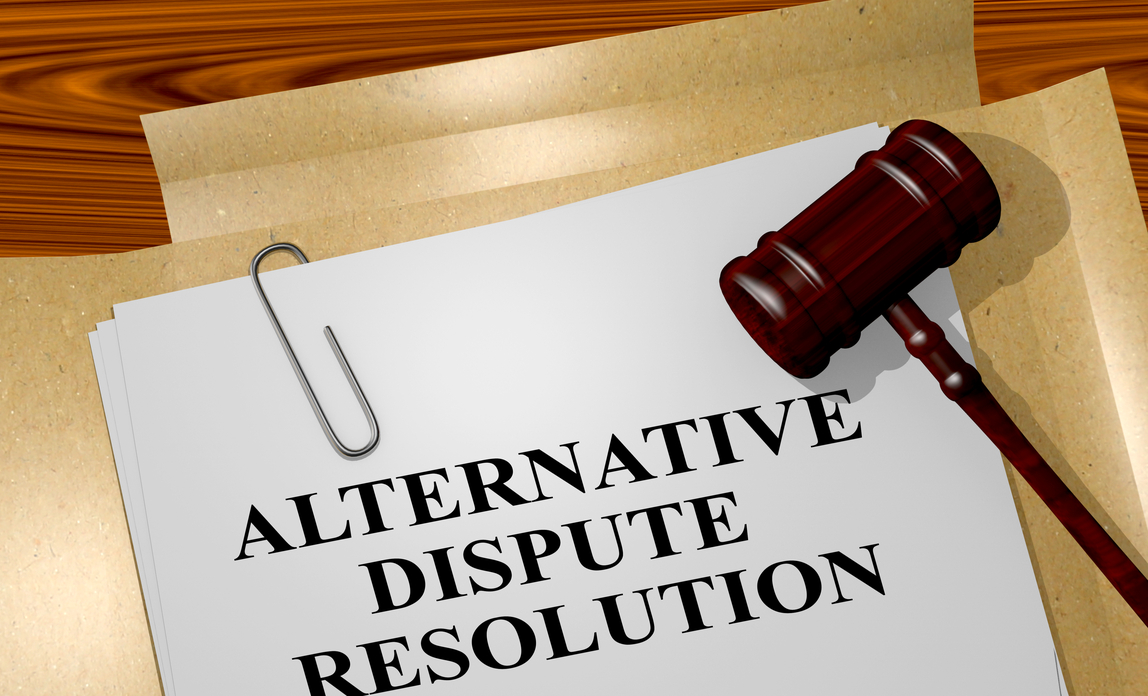
Every day, people in Tennessee are dismissed from their jobs. However, some people say they did nothing that warranted termination. More individuals still think they were dismissed for severely unjust reasons, sometimes known as wrongful termination. Employment in Tennessee is known as “at-will,” which indicates that an employee can be fired at any moment; however, some reasons make this illegal, and they should consult with a business litigation lawyer Knoxville TN, right away.
Understanding wrongful termination.
When you are wrongly dismissed, it means your employer sacked you for illegitimate reasons. Many federal and state laws prohibit employers from firing employees for particular criteria, such as race, religion, gender, or national origin.
Types of wrongful termination.
Under employment law, there are two categories of wrongful termination: violation of public policy and breach of contract.
Breach of contract happens when an employer violates the provisions of an employment contract, such as terminating an employee without reason. A violation of public policy happens when an employer fires an employee for a cause that is clearly against public policy, such as terminating a worker who refuses to commit unlawful conduct on behalf of the firm or a supervisor.
In principle, you may only claim for wrongful termination if you have an employment contract or if your discharge is against public policy. However, if you do not have an employment contract and your discharge does not contradict public policy, it is termed “at will,” This means that your employer may terminate you for any reason (or no reason at all).
Exceptions to the “at-will” rule
There are various reasons why someone may sue their former employer if they were unlawfully dismissed.
- Implied promises
Did your employer make an implicit commitment to you, such as assuring you face-to-face that they will not terminate you? Many companies will not make such an agreement; nevertheless, in some situations, an employer will guarantee “permanent employment,” which you can use in court. The courts will consider a variety of issues, including the length of your employment, the frequency of job promotions, a history of favorable performance reports, and whether or not your employer broke a standard employment practice by terminating you.
- Written promises
There might be a formal commitment that you have certain job security and cannot be fired. Let us imagine you and a close friend start a firm together, and he wishes to include in the contract that you cannot be dismissed under any circumstances since you must work together. If this is the case, he cannot legally fire you. Sometimes, individuals form agreements that specify that you can only be fired for good reason. You may be able to enforce a pledge in court before the judge.
Get legal help.
Even if your firing does not appear to be unlawful, it may nevertheless fulfill the requirements for you to file a wrongful termination claim. As a result, you should seek legal counsel.








